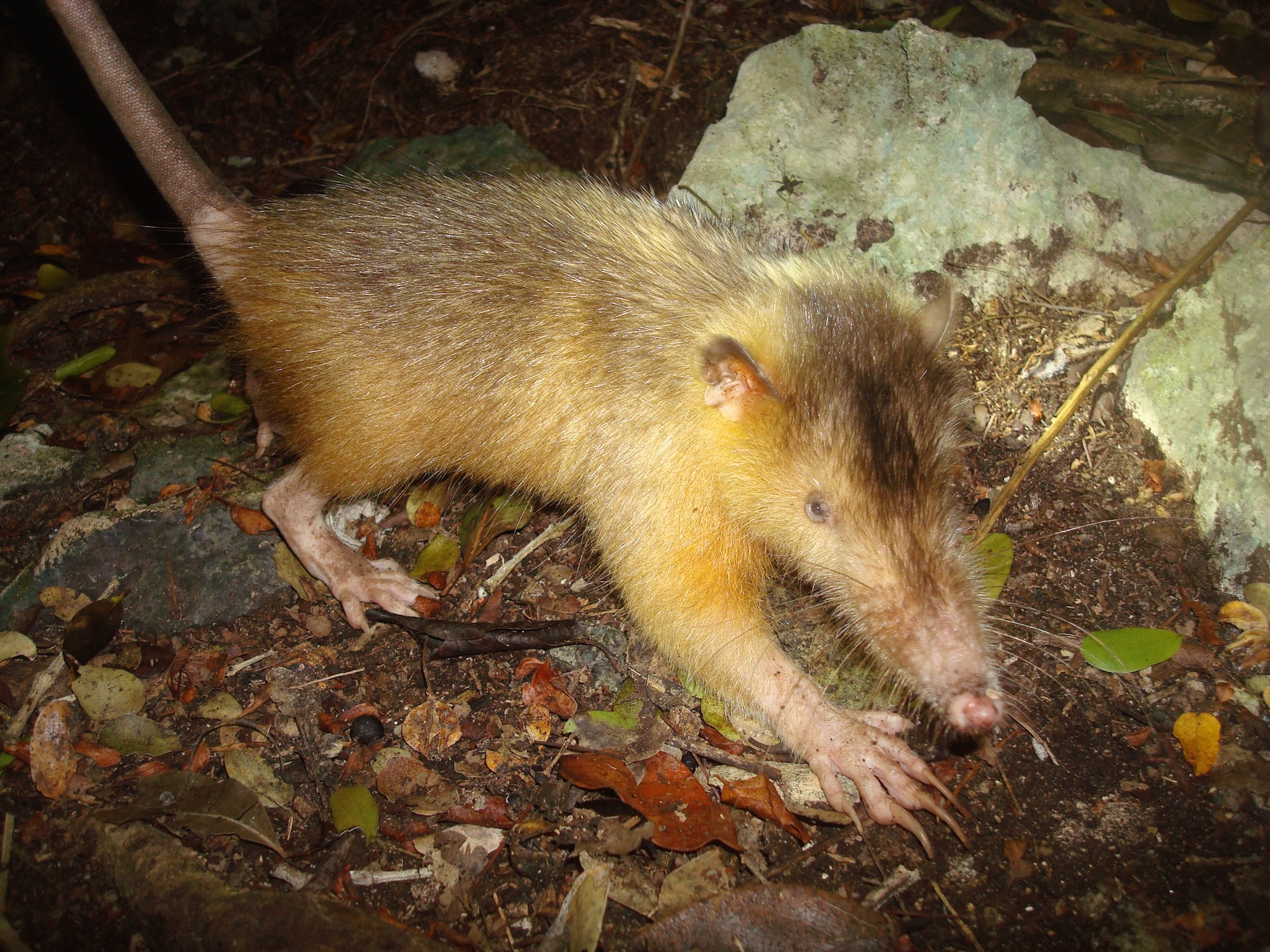Teaching, Mentoring, and Fieldwork
There are natural feedbacks between teaching and research that reciprocally benefit student learning and generate novel inquiries. During the process of preparing for lecture, and then again while answering questions, I find that there is a tremendous opportunity for connecting disparate facts and challenging weakly granted assumptions. So too when examples from my research can actively illuminate difficult lecture concepts, the engagement with student learning is more tangible.
I especially value active in situ learning, as there is no substitute for experiencing the concepts of study while visiting real ecosystems, collecting your own data, and writing your own field notes. Hearing that glacial cycles led to the formation of intermittent lakes is the first step, but visiting the sandy shores of dry lakes to envision waxing and waning waters moving those sands over millennia is a more advanced understanding of the truth. As a result, I aim for my group to regularly participate in fieldwork, whether for short trips as part of courses, or multi-day trips to local sites in Arizona for research projects.
Teaching
ASU COURSES (Arizona State University, School of Life Sciences)
2023. Applied Phylogenetics, BIO 498. Fall semester: in person (20 students).
2021, 2023. Evolution, BIO 345. Spring semester: online sync in 2021 (170 students), in person 2023 (270 students).
2021–present. Undergraduate Research, BIO 495. Independent study projects.
PAST PRIMARY INSTRUCTION
2014. Sessional Faculty, McMaster University, Department of Biology, Autumn semester: Gave 36 lectures (1-hr each) and designed exams for “Biodiversity, Evolution & Humanity,” an introductory majors course of 700 students that I co-taught with Ben Bolker.
2012. Program Facilitator, Project Exploration education non-profit in Chicago Public Schools. Led weekly “Brothers4Science” program, 6th-8th graders at Ariel Community Academy (Chicago).
PEDAGOGY TRAINING
2019. Yale Postdoctoral Teaching Scholar, Foundations in Biology series: Evolution & Ecology.
2016. Yale Scientific Teaching Fellow, Biological Sciences, Yale University (Spring semester). Pedagogy course on active learning and evidence-based teaching methods.
2009. Teaching Assistant Training Course, Division of Biological Sciences, University of Chicago (Fall quarter). Pedagogy course providing practical skills for lecturing and styles of teaching.
Fieldwork
DOMESTIC
- Small mammal surveys in the Santa Catalina Mountains, Arizona, as pilot work for population-genomics studies of small mammals and viruses across montane habitats in the Madrean Sky Islands.
- DEI Summer Scholars work in lowland Sonoran scrub (Apache Box) and pine-oak chapparal (Haigler Canyon, Pinto Spring).
Arizona (2021-present)
Chihuahuan and Sonoran Deserts, USA (2011)
New Mexico, Arizona, California: Field leader for the University of Chicago’s one-month Desert Ecology Field School; mentorship and training of undergraduates on field projects.
Great Basin Desert, USA (2003-2006)
Nevada, Oregon, and California: Projects on phylogeography and population genetics of kangaroo mice; behavioral ecology of desert rodents.
INTERNATIONAL
Cuba (2017)
La Habana and Artemisia Province: Scouting and permit discussions with Cuban biologists and collaborators.
Colombia (2016)
Surveying small mammals in the Sierra Nevada de Santa Marta.
Argentina (2009; 2011; 2014; 2015)
Provinces of Mendoza and San Juan: Project on the genomics of tetraploidy in octodontid rodents. Patagonia trekking.
Dominican Republic (2015)
Provinces of La Vega, Sánchez Ramirez, Monte Plata, El Seibo, and La Altagracia: Project on biodiversity patterns of endemic bats and small mammals (hutias, solenodon) and ecotourism sustainability.
Costa Rica (2009-2010)
Field stations at La Selva, Monteverde, Palo Verde, and Las Cruces: Participant in an NSF-sponsored (Pan-American Advanced Studies Institute) graduate course through the Organization for Tropical Studies. |
